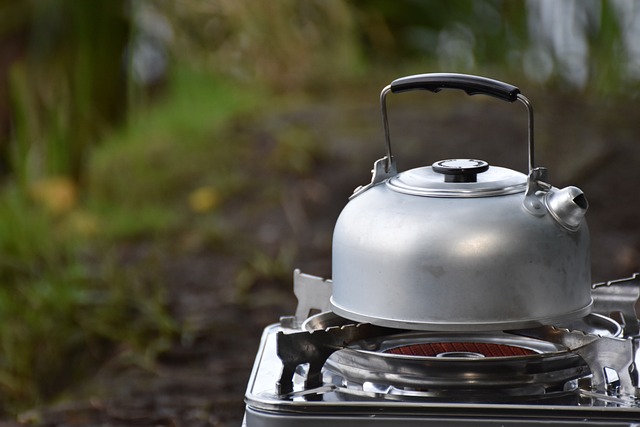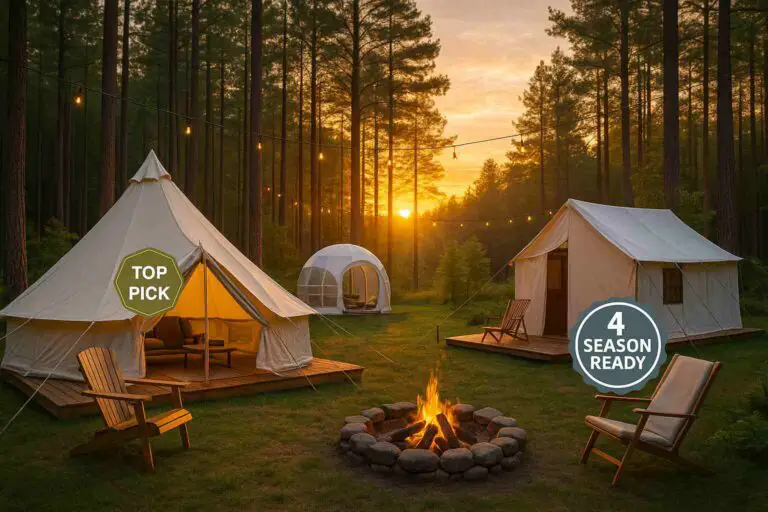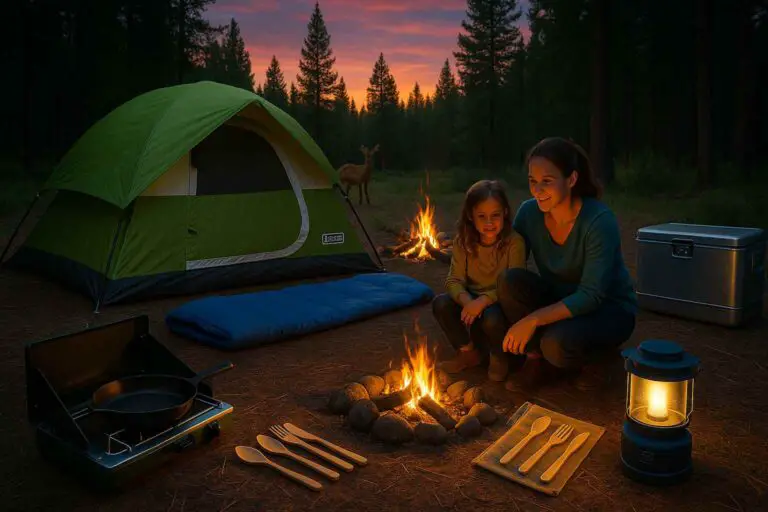When it comes to camping, having the right equipment is crucial to a successful trip. One of the most important pieces of equipment is your camp stove, and choosing the right fuel type for your stove is equally important. The most common types of camp stove fuel are propane, butane, and liquid fuel. Each has its own set of benefits and drawbacks, and choosing the right one depends on several factors. In this post, I’ll discuss each fuel type in detail and provide tips on how to choose the right one for your camp stove.
Propane Fuel
Propane is a popular choice for camp stove fuel due to its ease of use and availability. It’s a clean-burning fuel that produces a consistent flame, making it ideal for cooking. Propane canisters come in different sizes, ranging from small, portable canisters for backpacking stoves to larger, refillable tanks for car camping.
Pros:
- Easy to find at most outdoor stores and gas stations
- Consistent flame for cooking
- Canisters are easy to attach and detach
- Burns cleanly
Cons:
- Canisters can be heavy and bulky
- Can be more expensive than other fuel types
- Not suitable for very cold temperatures
- Canisters can’t be refilled, which can create waste
Tips for using propane safely:
- Always read the instructions that come with your stove and fuel canister
- Never use or store propane canisters near heat or open flames
- Be careful when attaching and detaching the canister, and make sure it’s securely attached before use
- Store canisters in a cool, dry place away from direct sunlight and sources of heat
Butane Fuel
Butane is another popular choice for camp stove fuel. It’s similar to propane in that it’s a clean-burning fuel that produces a consistent flame. Butane canisters are typically smaller and more compact than propane canisters, making them a good choice for backpacking and other lightweight camping trips.
Pros:
- Compact and lightweight canisters
- Consistent flame for cooking
- Burns cleanly
- Suitable for cold temperatures
Cons:
- Canisters can be harder to find than propane
- May not be suitable for high-altitude camping
- Canisters can’t be refilled, which can create waste
- Can be more expensive than other fuel types
Tips for using butane safely:
- Always read the instructions that come with your stove and fuel canister
- Never use or store butane canisters near heat or open flames
- Be careful when attaching and detaching the canister, and make sure it’s securely attached before use
- Store canisters in a cool, dry place away from direct sunlight and sources of heat.
Liquid Fuel
Liquid fuel is a third option for camp stove fuel. And liquid fuel stoves are typically more versatile and efficient than propane or butane stoves, making them a good choice for longer camping trips or expeditions. Liquid fuel stoves are designed to burn a variety of liquid fuels, including white gas, kerosene, and diesel.
Pros:
- Versatile and efficient
- Can be used in extremely cold temperatures
- Canisters can be refilled, reducing waste
- Fuel is widely available
Cons:
- Liquid fuel stoves can be more complicated to use than propane or butane stoves
- Fuel can be messy to handle and store
- Fuel can be more expensive than other fuel types
- Can take longer to set up and use
Tips for using liquid fuel safely:
- Always read the instructions that come with your stove and fuel canister
- Use the recommended fuel for your stove
- Be careful when handling and pouring liquid fuel, and make sure to clean up any spills immediately
- Store fuel canisters in a cool, dry place away from direct sunlight and sources of heat.
Factors to Consider When Choosing Camp Stove Fuel
When choosing the right fuel type for your camp stove, there are several factors to consider. These include:
- Purpose of your camping trip: If you’re going on a short backpacking trip, a lightweight and compact fuel type like butane may be a better choice. If you’re planning a longer camping trip, a more versatile fuel type like liquid fuel may be a better option.
- Environment and weather conditions: If you’re camping in a very cold environment, a liquid fuel stove may be your best bet as it can burn in extremely low temperatures. If you’re camping in a dry or fire-prone area, propane or butane may be a safer option as they produce less smoke and have a lower risk of starting a fire.
- Fuel availability and cost: Consider the availability and cost of the fuel type you’re considering. Propane is widely available but can be more expensive than butane or liquid fuel. Liquid fuel can be less expensive but may be harder to find in some areas.
- Stove compatibility: Not all stoves are compatible with all types of fuel. Make sure to check the specifications of your stove before choosing a fuel type.
- Personal preference and experience: Ultimately, the right fuel type for your camp stove depends on your personal preference and experience. If you’ve used a particular fuel type before and are comfortable with it, that may be the best option for you.
Conclusion
Choosing the right fuel type for your camp stove is crucial for a successful camping trip. Propane, butane, and liquid fuel are the most common types of camp stove fuel, and each has its own set of benefits and drawbacks. When choosing a fuel type, consider the purpose of your trip, the environment and weather conditions, fuel availability and cost, stove compatibility, and personal preference and experience.
Propane is a good choice for easy-to-use, consistent cooking, while butane is compact and lightweight for backpacking trips. Liquid fuel stoves are versatile and efficient but can be more complicated to use. By considering these factors and tips for safe use, you can choose the right camp stove fuel type for your camping needs and enjoy a safe and successful trip.








